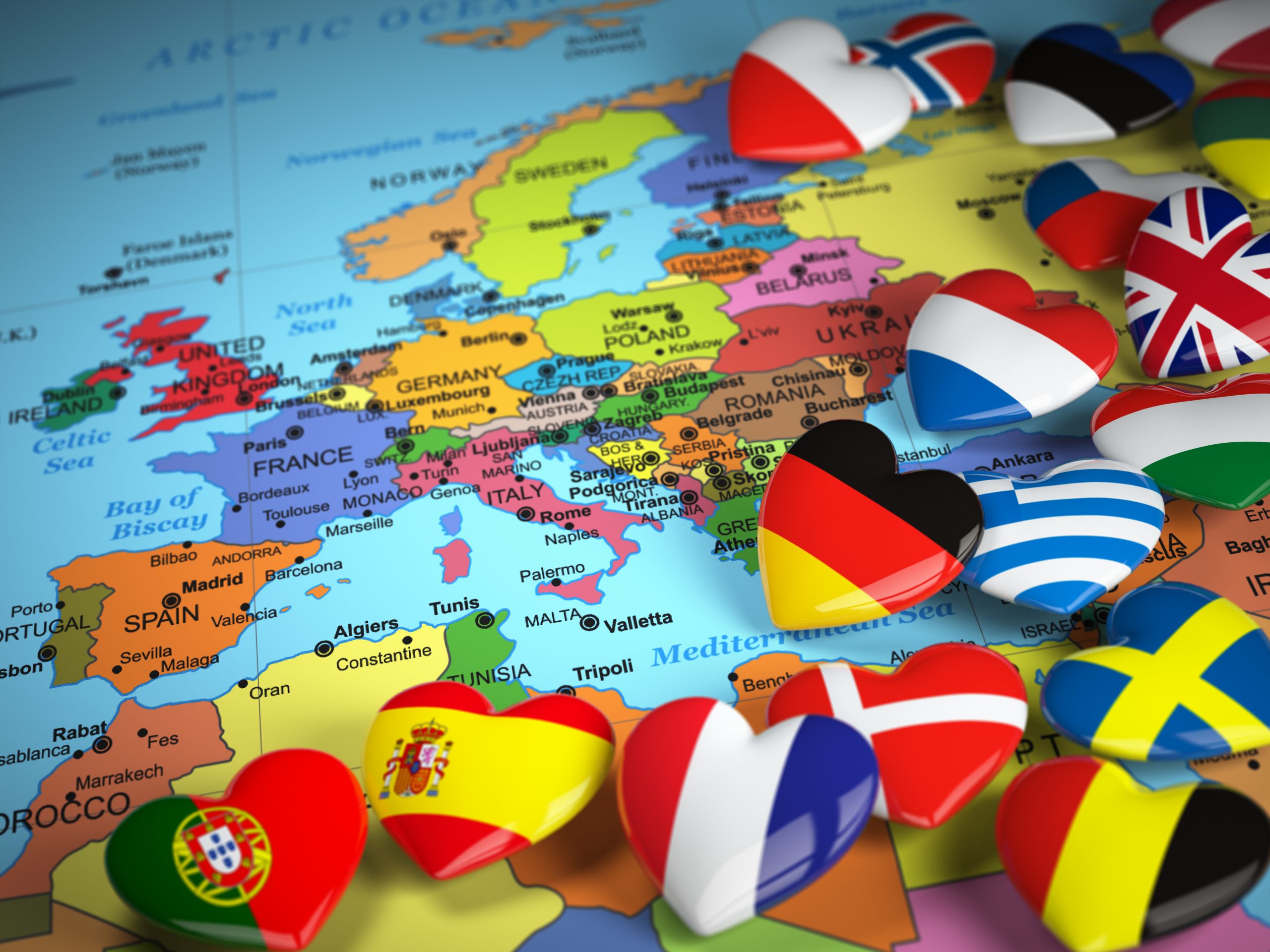The war in Ukraine has accelerated both the fracturing of the world order and countries’ scramble to establish new alignments that can secure their interests. Unless the G7 clarifies its direction, it risks losing its influence, with potentially far-reaching consequences for democratic values globally.
MADRID – If anyone had lingering doubts about the fractured state of global rule-making, they should now be dispelled. The just-concluded G20 summit in New Delhi attracted as much attention for who was not there – Russian President Vladimir Putin and Chinese President Xi Jinping – as for the discussions among those who showed up. But the real takeaway from the summit, as well as the gathering of the BRICS (Brazil, Russia, India, China, and South Africa) that preceded it, is that global rule-making is set to become increasingly uneven, shaped by small groups, swing states, and fluid coalitions.
Even without Putin and Xi, palpable divisions marked the G20 summit, belying its optimistic theme: “one earth, one family, one future.” While India, which has worked hard to position itself as a unifying diplomatic force and a spokesperson of the Global South, managed to secure consensus on a final declaration, this was no easy feat, owing not least to disagreements over how to refer to the Ukraine war.
The compromises this demanded were reflected in the summit’s final declaration, which featured far softer language on the Ukraine war – and, in particular, Russia’s culpability – than the declaration that was issued in Bali last November. In 2022, G20 leaders acknowledged that perspectives on the invasion differed, but also strongly condemned Russia’s actions and calling for the withdrawal of its troops. In 2023, they lamented the “immense human suffering and the adverse impact of wars and conflicts around the world,” issued a pro forma exhortation to abjure the use of nuclear weapons, and touted the hallowed principles of sovereignty and territorial integrity – all without mentioning Ukraine by name.
About the author
Ana Palacio, a former minister of foreign affairs of Spain and former senior vice president and general counsel of the World Bank Group, is a visiting lecturer at Georgetown University.


